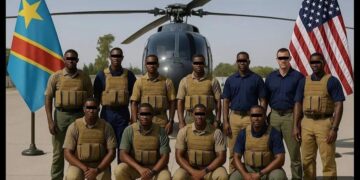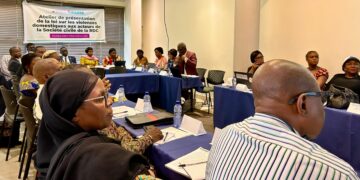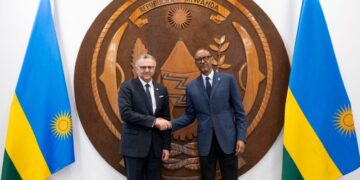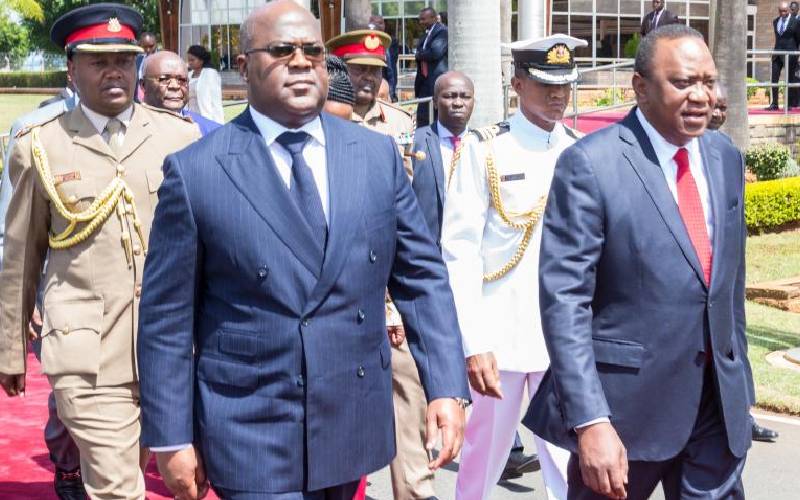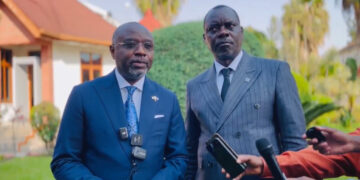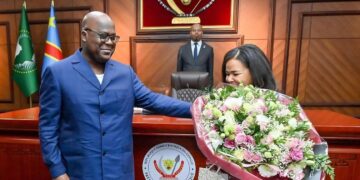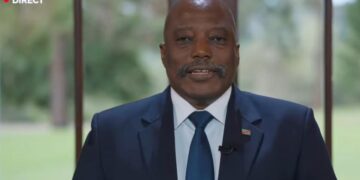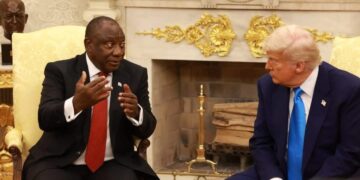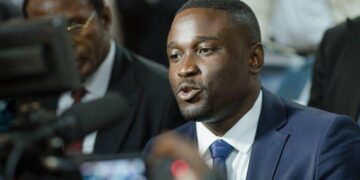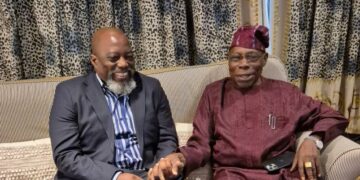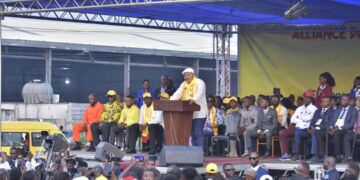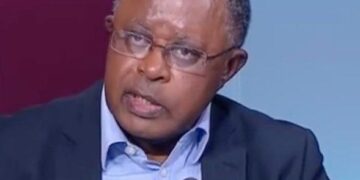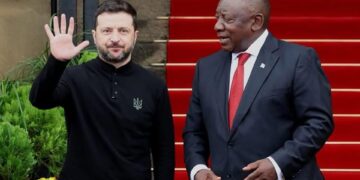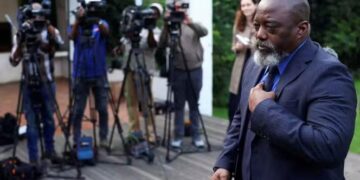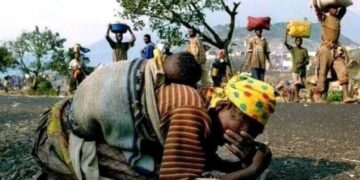In a speech delivered at a political rally held in Kinshasa, Kabund denounced what he described as a “climate of fear and repression” under President Tshisekedi’s leadership. He argued that the country could not move forward while key political figures remained in exile or were being systematically targeted by the state.
“A nation that marginalizes its sons and daughters for their political beliefs is a nation heading toward division and instability,” Kabund said. “Joseph Kabila, Moïse Katumbi, and all others who have been forced into political exile must be allowed to return and participate freely in the national debate.”
This statement is particularly significant given the strained relationship Kabund has with both the ruling party and his former political allies. Once a close confidant of President Tshisekedi and former interim president of the Union for Democracy and Social Progress (UDPS), Kabund fell out with the administration and founded his own opposition movement, Alliance pour le Changement.
Kabund also condemned the recent suspension of the People’s Party for Reconstruction and Democracy (PPRD), founded by Joseph Kabila. The party, once the dominant force in Congolese politics, has seen its activities curtailed in several provinces amid allegations of inciting unrest.
Kabund accused the government of using legal and administrative tactics to silence dissent, warning that this trend could undermine the democratic gains the country has made since the end of the civil war.
“Suppressing a political party is not a solution to political rivalry,” Kabund declared. “I call on the PPRD to stand firm and resist peacefully but resolutely. The opposition must not allow itself to be erased by a regime afraid of competition.”
The political climate in the DRC has become increasingly tense as the country moves closer to the 2028 general elections. Several opposition leaders, including Moïse Katumbi, have reported harassment, legal threats, and travel restrictions. Kabund’s call for unity among the opposition appears to be a strategic attempt to build a broader coalition against President Tshisekedi’s government.
Observers say that while Kabund’s rhetoric is provocative, it reflects a growing frustration among opposition figures who feel excluded from the political process and persecuted by the state apparatus.
The presidency has not yet responded to Kabund’s comments, but government sources have previously denied allegations of political persecution, maintaining that all actions taken are in accordance with the law.
As the political stakes rise, the DRC faces mounting pressure to ensure a fair, open, and inclusive political environment. Whether Kabund’s appeal will lead to real change remains to be seen.



